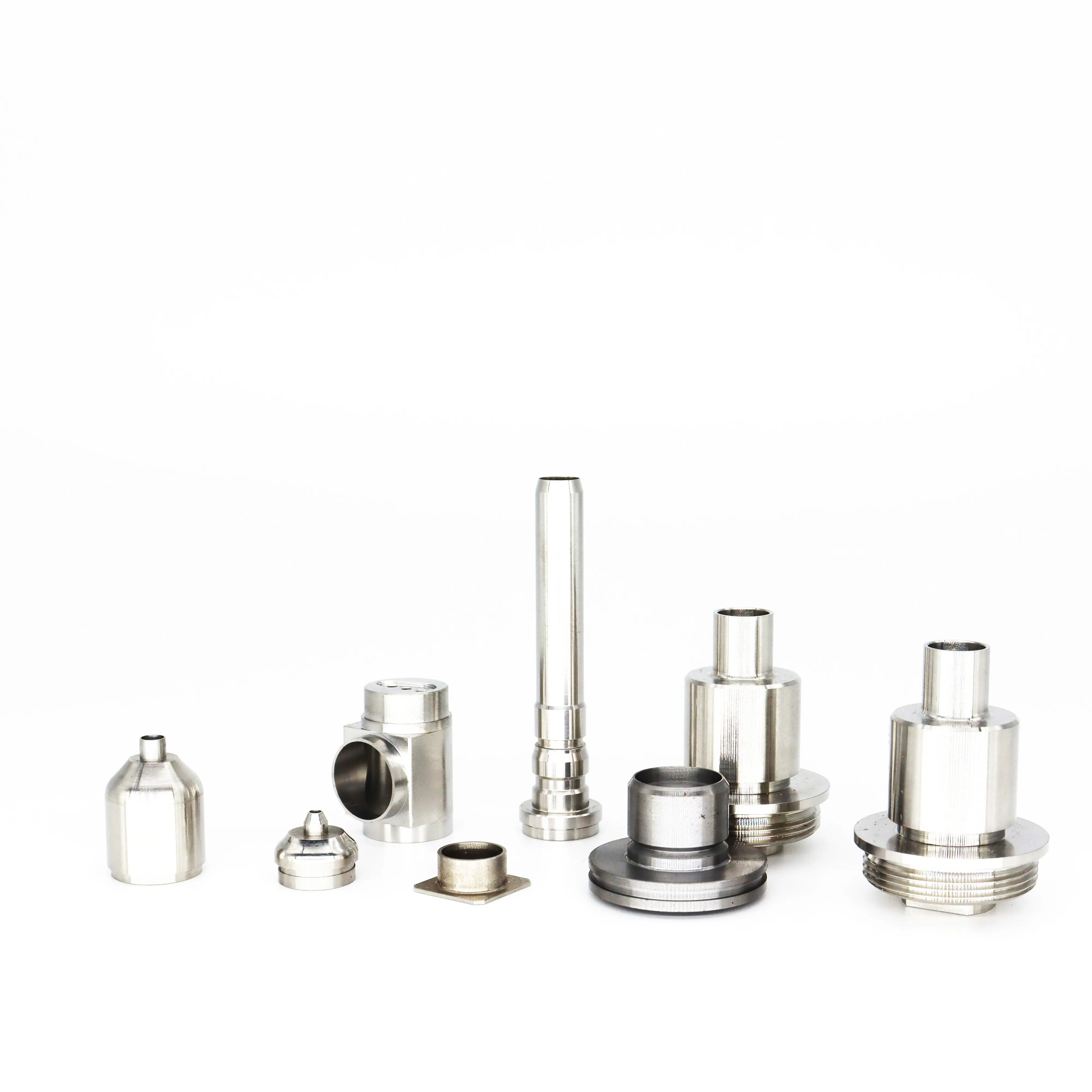- This topic is empty.
-
AuthorPosts
-
2025-07-11 at 9:22 am #3995
In the realm of medical technology, precision is paramount. From intricate surgical instruments to sophisticated diagnostic equipment, every component must meet the highest standards of accuracy and reliability. Precision machining of medical parts plays a critical role in achieving these standards, ensuring that medical devices function flawlessly and contribute to patient safety and well-being.

Advanced Machining Techniques
Precision Engineering and Tooling
At the heart of precision machining for medical parts lies advanced engineering and tooling. High-precision milling, turning, and grinding machines, equipped with state-of-the-art CNC (Computer Numerical Control) technology, enable manufacturers to produce components with micro-tolerances. These machines are capable of operating within fractions of a millimeter, ensuring that even the most complex designs are executed with unparalleled precision.
Use of Specialty Materials
Medical devices often require the use of specialty materials, such as titanium, stainless steel, ceramics, and high-performance plastics. Precision machining techniques allow for the accurate processing of these materials, maintaining their integrity and properties throughout the manufacturing process. This ensures that the final product meets the rigorous standards set by medical regulatory bodies.
Rigorous Quality Control
Inspection and Testing Protocols
Precision machining of medical parts is accompanied by stringent inspection and testing protocols. Non-destructive testing methods, such as ultrasonic inspection, X-ray inspection, and magnetic particle inspection, are employed to detect any flaws or defects in the components. Additionally, coordinate measuring machines (CMMs) and other precision measurement tools ensure that dimensions and tolerances are met with absolute accuracy.
Compliance with Standards
Manufacturers of medical devices must adhere to a multitude of international standards, including ISO 13485 for medical device quality management systems and various ASTM and ANSI standards for material composition and performance. Precision machining companies that specialize in medical parts often have dedicated quality assurance teams who ensure compliance with these standards at every stage of production.
Commitment to Innovation
Continuous Improvement and Research
The medical industry is constantly evolving, with new technologies and treatment methods emerging regularly. Precision machining companies stay ahead by investing in continuous improvement and research. This includes the development of new machining techniques, the adoption of advanced materials, and the integration of automation and robotics to enhance efficiency and accuracy.
Collaboration with Medical Device Manufacturers
Close collaboration between precision machining experts and medical device manufacturers is crucial. This partnership allows for the seamless translation of design intent into manufactured reality. By understanding the unique requirements of each medical device, precision machining companies can tailor their processes to optimize performance, reliability, and patient safety.
Conclusion
Precision machining is a vital process in the production of medical parts, ensuring the accuracy and safety of medical devices. SmartVein Medical Technology stands out in this field due to its advanced manufacturing techniques, expertise in medical-grade materials, customized solutions, rigorous quality assurance protocols, and commitment to innovation. By choosing SmartVein Medical Technology, medical device manufacturers can trust that their precision-machined parts will meet the highest standards of accuracy and reliability, ultimately contributing to the safety and success of medical procedures.
https://www.smartveingroups.net/ensuring-the-accuracy-and-safety-of-medical-devices.html
http://www.smartveingroups.net
SmartVein Medical Technology -
AuthorPosts
- You must be logged in to reply to this topic.